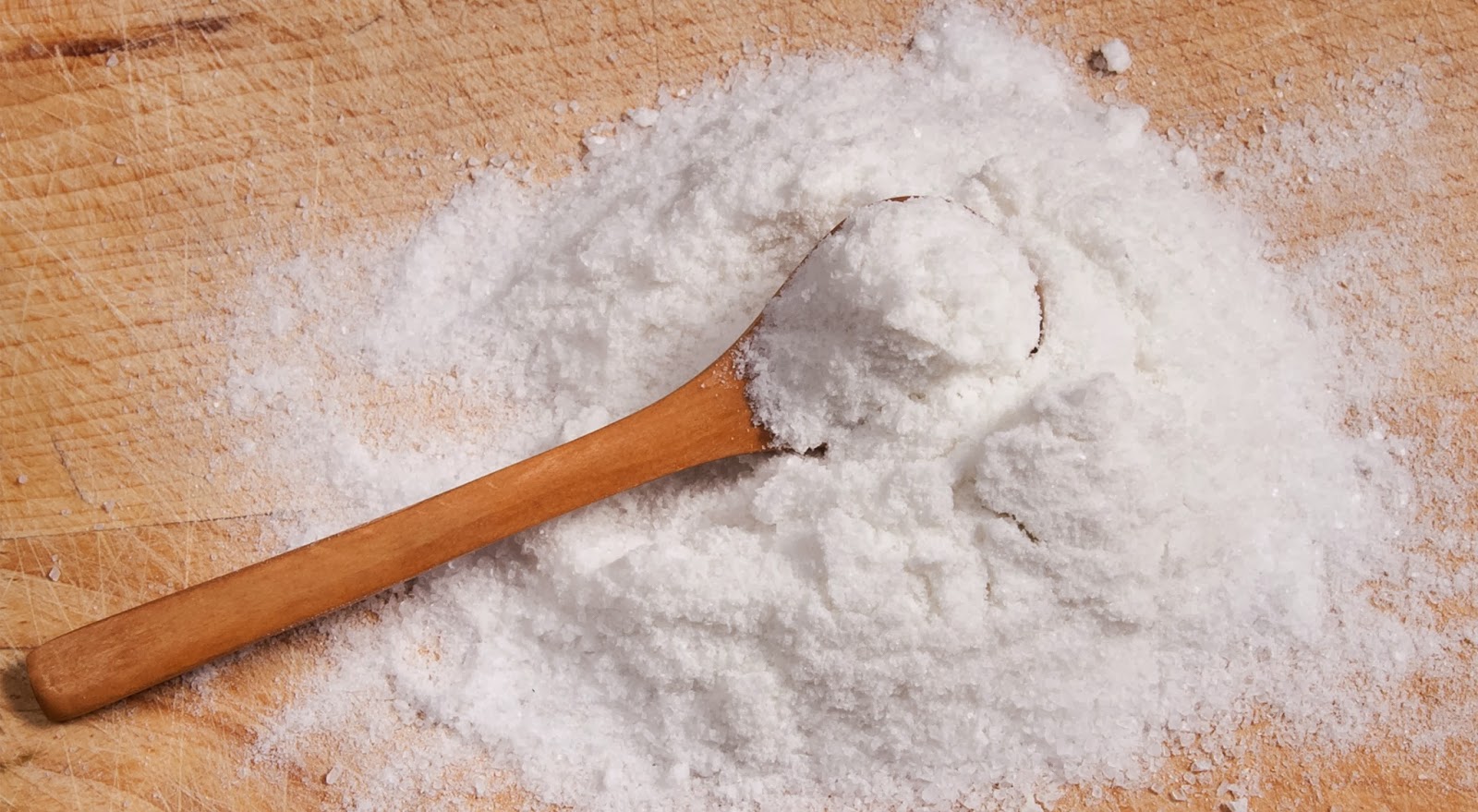 |
| Source: www.stock.schng (license-free photo) |
SALT: The earliest evidence of salt dates back around 6,000 years ago and was a highly valued commodity during Jesus' times. Salt was used as a condiment to add flavor to food, and also as a preservative. It was a traded commodity and was transported along specially built salt roads. Some nations went to war over salt. Pliny, a Roman writer during the times of Jesus, said: "Nothing is more useful than salt or sunshine."
Jesus chose his metaphor carefully and deliberately. Matthew quotes Jesus as using this metaphor AFTER the Sermon on the Mount and specifically after the beatitude "Blessed are you when they insult you and persecute you."
The key messages of this gospel passage are:
- The disciple INFLUENCES others. Salt fulfills its value only when mixed with food; it is not good when consumed by itself. Similarly, the disciple does not withdraw from, but goes into the world that others may see Jesus in his/her life.
- The disciple witnesses to Jesus DESPITE PERSECUTION. If they do not, then they become like salt that loses its flavor; and since salt is not salt without its saltiness, then a disciple ceases to be such.
- The disciple witnesses to such an extent that it is VISIBLE and HAS IMPACT on others. He/she is like LIGHT. A disciple takes BOLD even CONTROVERSIAL steps when necessary. But this is done not to brag or take credit but so "that they may see your good deeds and glorify your heavenly Father."
Tough words and tough demands by Jesus from his disciples.
Other Trivia:
- Salt was also used in many religious ceremonies: Mohammed was reported to have said that God sent four blessings: fire, water, iron and salt. It is used in house blessings in Hinduism. Buddhists believe that salt wards off evil.
- The word "salary" originates from Latin: salarium which referred to the money paid to the Roman Army's soldiers for the purchase of salt. The word salad literally means "salted", and comes from the ancient Roman practice of salting leaf vegetables.
Sources:
- Info on salt sourced from: http://en.wikipedia.org/wiki/Salt.
- Nil Guillemette, SJ, A Kingdom for All (Makati: St. Paul's Publications), 156.
No comments:
Post a Comment